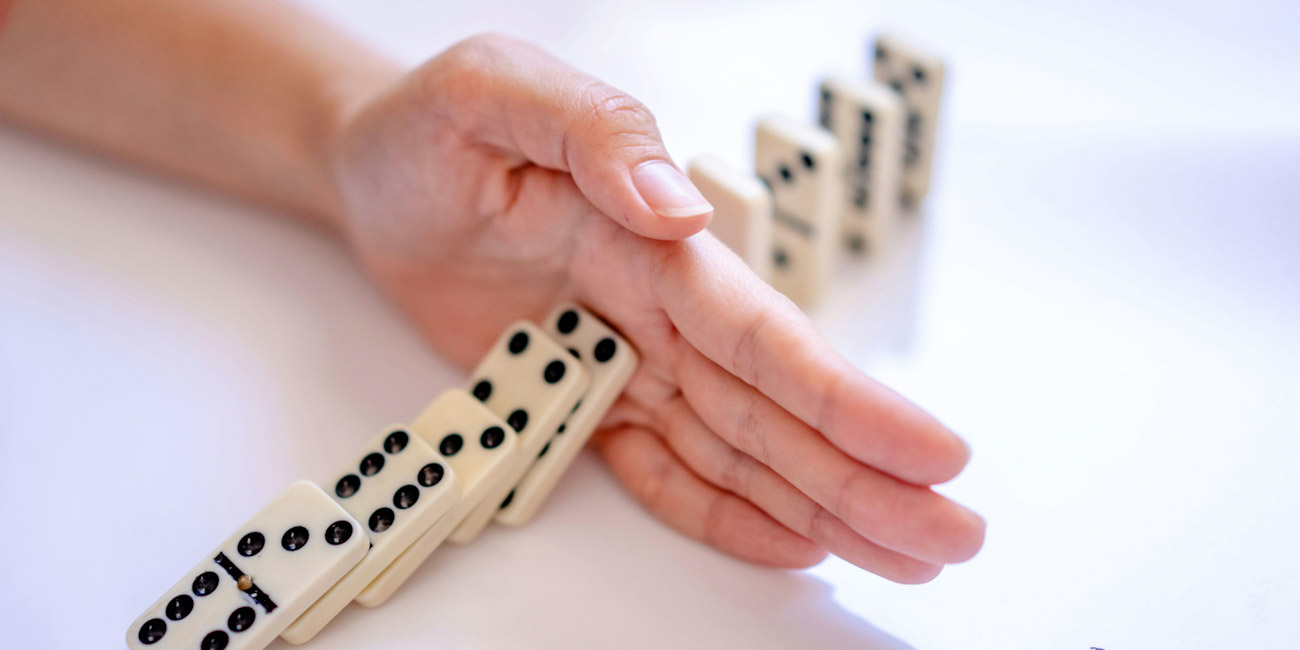
Cause and effect relates to cognitive development and is relevant to children of all ages. Young babies will be fascinated by the impact they have on their world. They will learn that they have agency and influence. Older children can refine their social skills and gain empathy for other people and their environment. Understanding the concept of cause and effect will improve their brainstorming and problem solving abilities.
EYLF Learning Outcomes
Play that involves cause and effect aligns with the Early Years Learning Framework. Children become strong in their mental wellbeing (3.1) and develop a range of learning and thinking skills and processes such as problem-solving, inquiry, experimentation, hypothesising, researching and investigating (4.2). They will have opportunities to transfer and adapt what they have learned between contexts (4.3).
Learning experiences
Reflect on people’s choices
Children can learn that their actions will have varying consequences. Educators can help them make good choices by predicting the outcome of their actions. Read stories and discuss the outcomes of characters' actions or roleplay scenarios to see how different choices lead to varying results.
Explore science and the environment
Science, STEM, STEAM and nature provide endless examples of cause and effect.
Children can conduct science experiments where actions create visible reactions (e.g. mix bicarb and vinegar). Experimenting with materials in the art corner can teach children the same thing.
They can also observe weather changes and their impacts on the environment (e.g. hot weather makes ice melt faster). Teach children about social responsibility. Discuss real-world examples of human actions and their effects on communities and nature (e.g. climate change).
Play with dominoes
Set up a line of dominoes and push the first one over. What happens? Can you find any other toys that incorporate the concept of cause and effect?
